I will never forget the first time I saw Maurice Sykes. I was at a NAEYC conference doing research. Stuart was just beginning sketch out what would become the I See I Learn series for Pre-K / Kindergarten. Already he had written 21 Level 1 MathStart books, creating what is probably the largest math series for Pre-K, yet it had never been specifically marketed to early childhood educators.
Maurice sat on a panel at the very first, crack-of-dawn session I attended. I sat near the front bleary-eyed, coffee in hand. Then Maurice started talking and I didn't need the coffee anymore. He was riveting, full of spot-on insights delivered with a mix of wit and mission. I followed the crowd that followed him out the door at the end of the session and introduced myself and gave him some MathStart books. I didn't need to read Maurice's CV to know I'd found someone truly special.
When he met Stuart, it was clear we'd met a kindred spirit. A few years later, Maurice became part of our expert panel of reviewers for the I See I Learn books.
Maurice's brilliance is as teacher's teacher, which is why he was asked to contribute to a blog series produced by New America about Moving Beyond False Choices for Early Childhood Educators. The false choices arise from "the complexities, frictions, and mistrust embedded in the interplay among (1) preparation and education, (2) compensation and status, and (3) diversity and inclusivity."
How do you balance the educational requirements needed to establish early childhood education as a well-respected field of practice against the reality of a low-paying profession? How do you maintain diversity when the cost of education can act as a filter against those of lesser means who are more likely to be of color?
As Maurice notes in his essay, Let’s Be Honest: It’s About Sexism, Classism, and Racism, it can be done, but it is critical to face the "wicked mess" of underlying issues head on.
"Project Headway," a program Maurice designed and ran for 15 years to help early childhood educators from economically-challenged background move from the CDA Credential® to Associate's and Bachelor's degrees, boasted an impressive 80% workforce retention and graduation rates.
"...(W)e recognized that advancing these women’s formal education required attention not only to their academic lives but also to their work and personal lives. But here’s how we differed: We engaged with their plight as an issue of social justice. While we saw increasing their academic preparation as a way of improving their work and personal life circumstances, we, more importantly, saw it as improving their abilities to change the life trajectory of the children they taught."
Framed in that light, it is clear that we do well as a society to find ways to cover the costs of early childhood educators, an investment that would immediately begin pay dividends on dividends.
Well put, Maurice!
* Click here for links to all the posts in the New America series.
Maurice sat on a panel at the very first, crack-of-dawn session I attended. I sat near the front bleary-eyed, coffee in hand. Then Maurice started talking and I didn't need the coffee anymore. He was riveting, full of spot-on insights delivered with a mix of wit and mission. I followed the crowd that followed him out the door at the end of the session and introduced myself and gave him some MathStart books. I didn't need to read Maurice's CV to know I'd found someone truly special.
When he met Stuart, it was clear we'd met a kindred spirit. A few years later, Maurice became part of our expert panel of reviewers for the I See I Learn books.
Maurice's brilliance is as teacher's teacher, which is why he was asked to contribute to a blog series produced by New America about Moving Beyond False Choices for Early Childhood Educators. The false choices arise from "the complexities, frictions, and mistrust embedded in the interplay among (1) preparation and education, (2) compensation and status, and (3) diversity and inclusivity."
How do you balance the educational requirements needed to establish early childhood education as a well-respected field of practice against the reality of a low-paying profession? How do you maintain diversity when the cost of education can act as a filter against those of lesser means who are more likely to be of color?
As Maurice notes in his essay, Let’s Be Honest: It’s About Sexism, Classism, and Racism, it can be done, but it is critical to face the "wicked mess" of underlying issues head on.
"Project Headway," a program Maurice designed and ran for 15 years to help early childhood educators from economically-challenged background move from the CDA Credential® to Associate's and Bachelor's degrees, boasted an impressive 80% workforce retention and graduation rates.
"...(W)e recognized that advancing these women’s formal education required attention not only to their academic lives but also to their work and personal lives. But here’s how we differed: We engaged with their plight as an issue of social justice. While we saw increasing their academic preparation as a way of improving their work and personal life circumstances, we, more importantly, saw it as improving their abilities to change the life trajectory of the children they taught."
Framed in that light, it is clear that we do well as a society to find ways to cover the costs of early childhood educators, an investment that would immediately begin pay dividends on dividends.
Well put, Maurice!
* Click here for links to all the posts in the New America series.
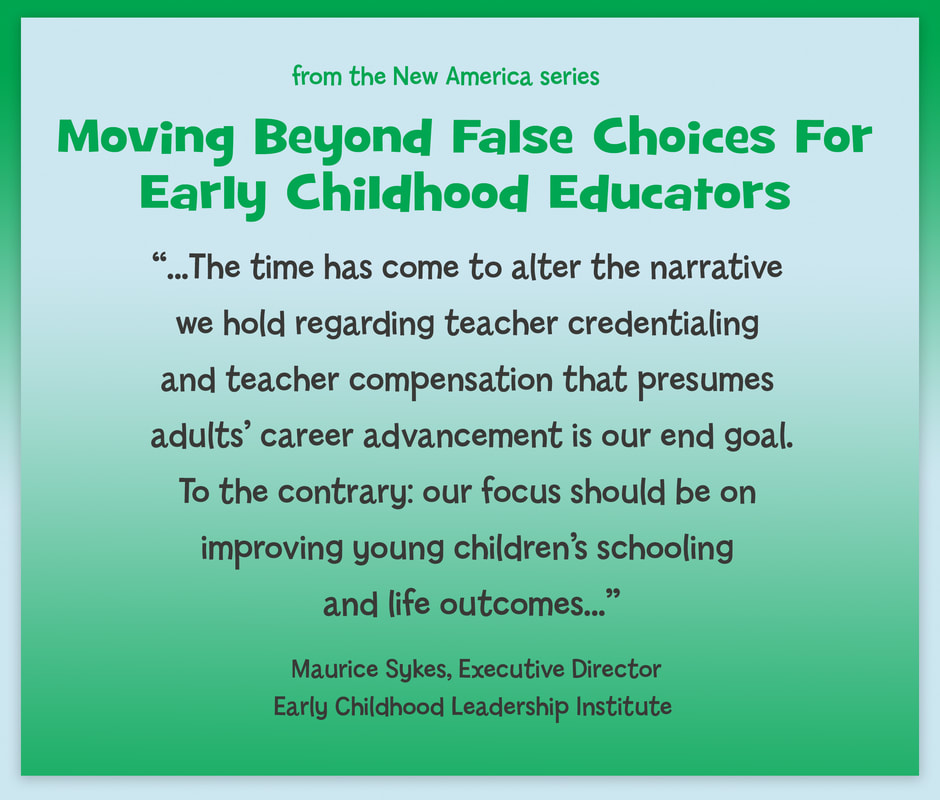
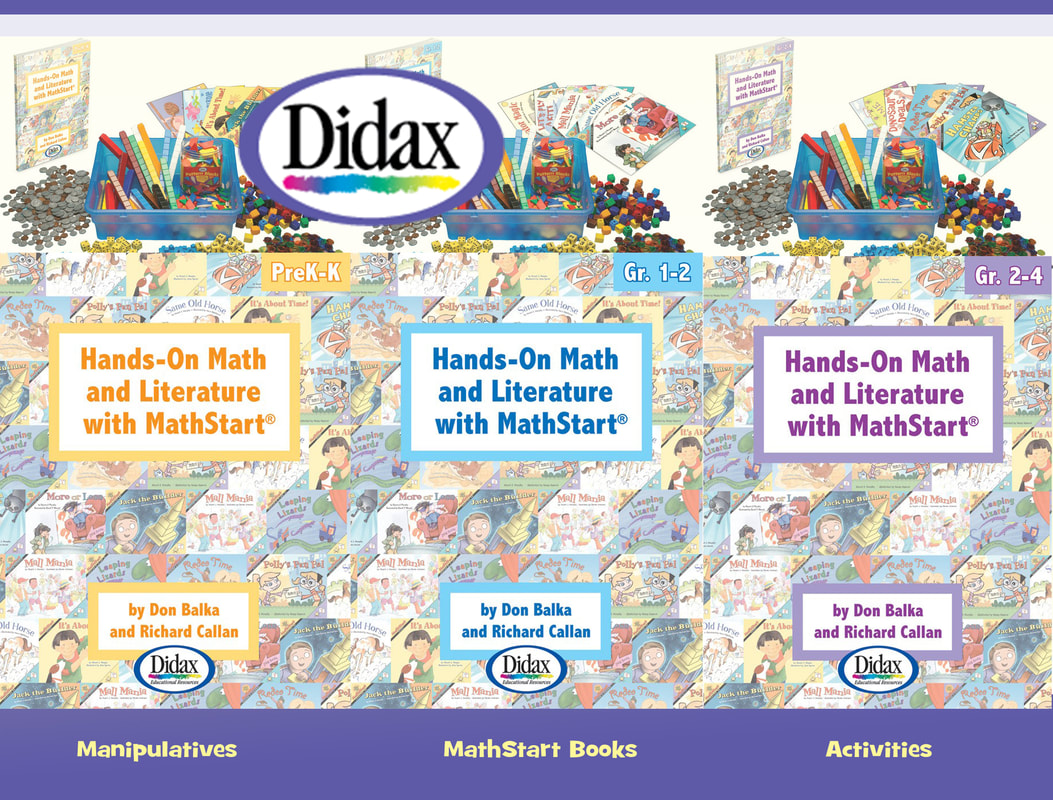
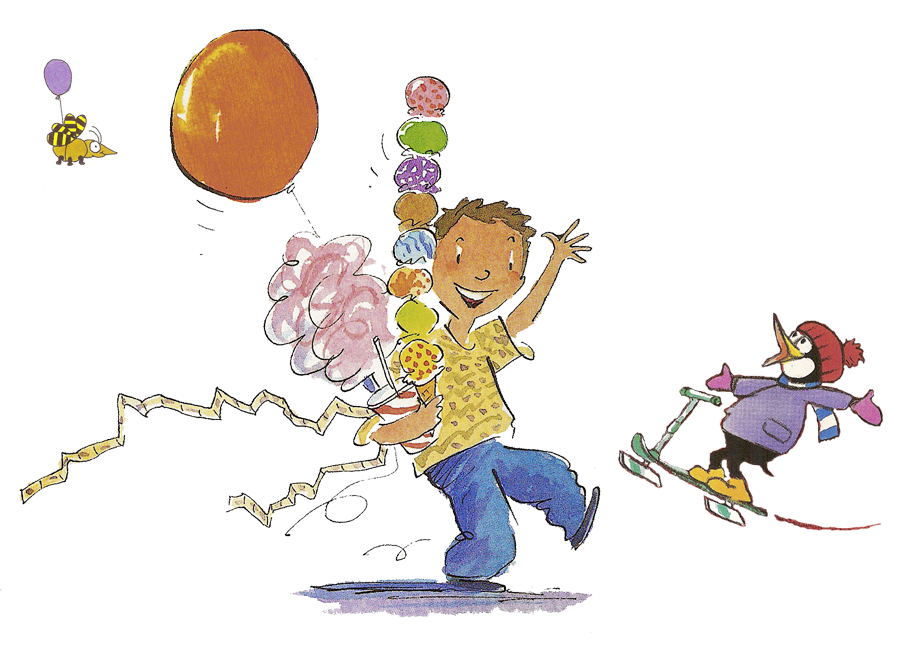
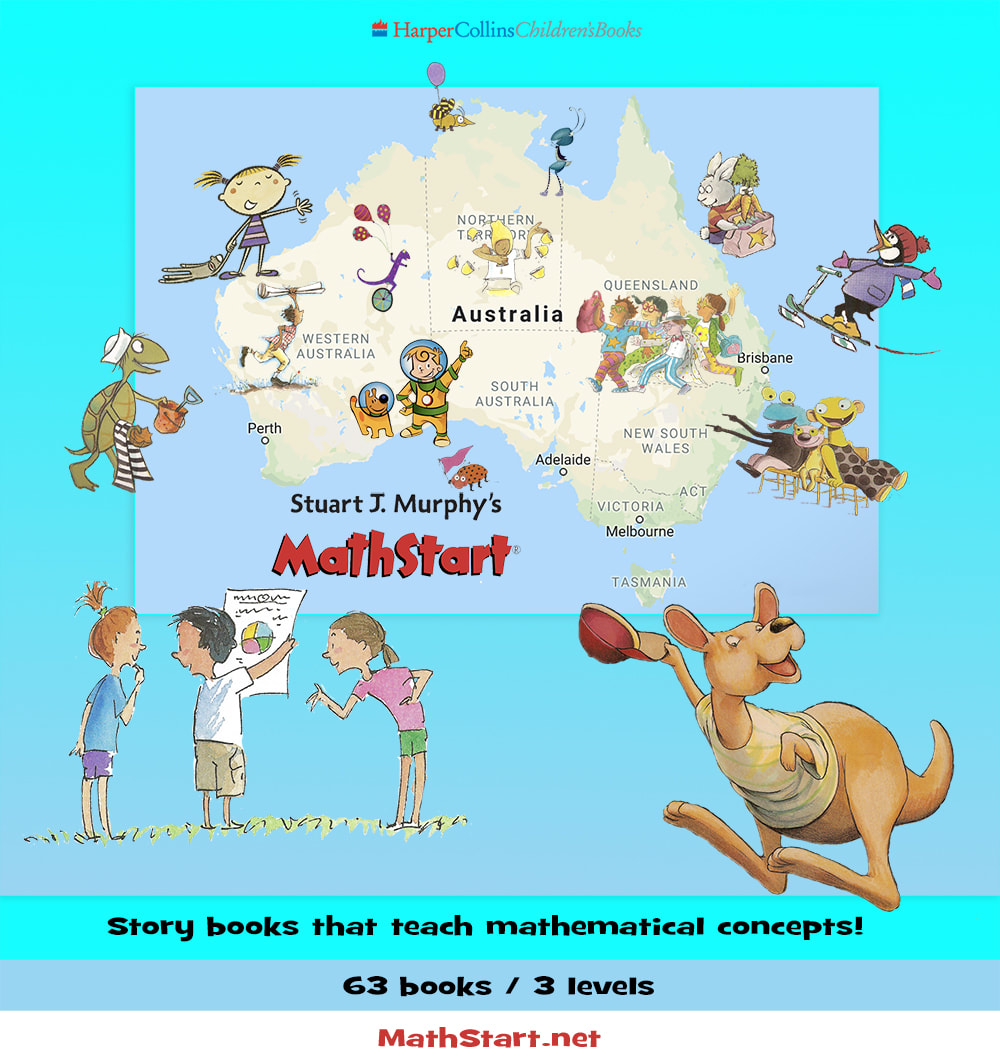
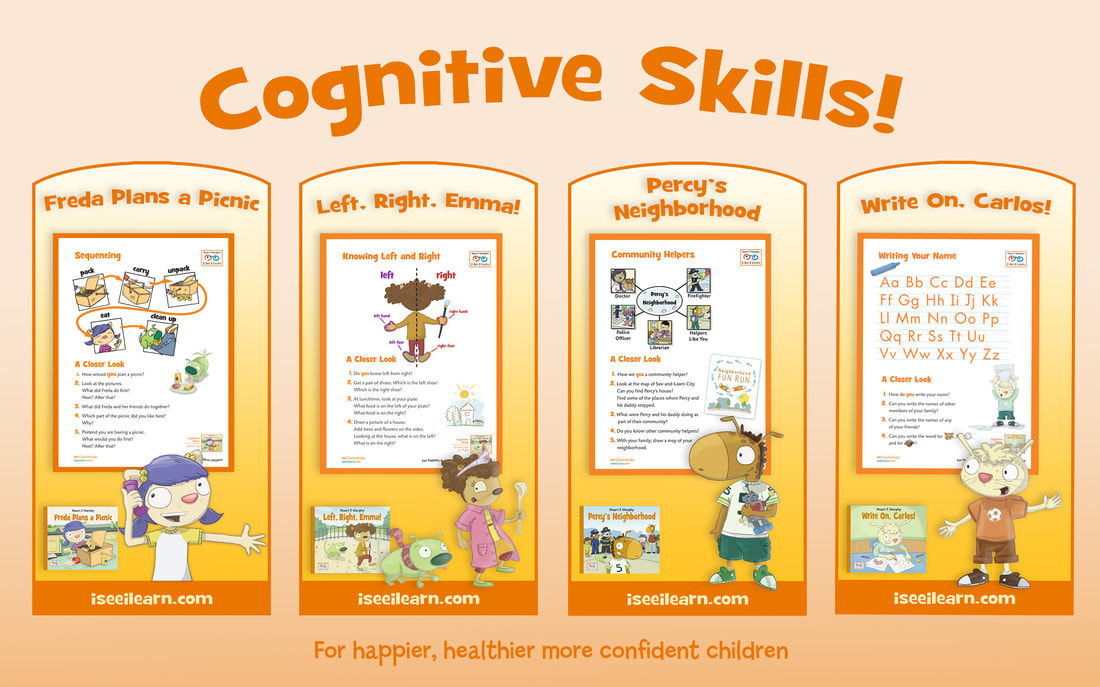

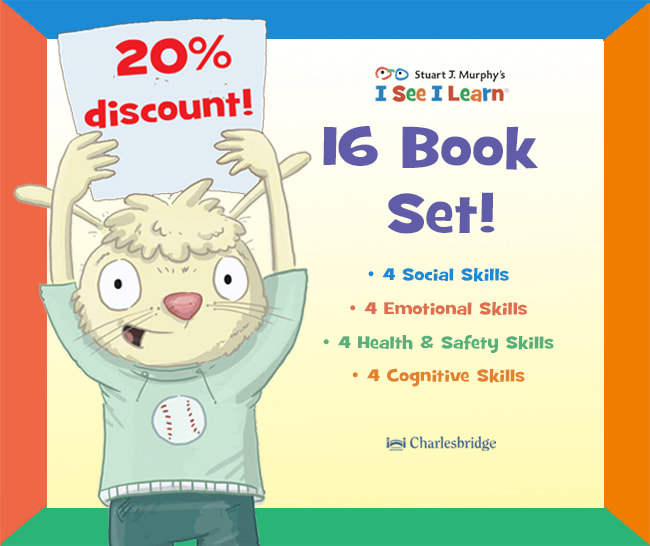
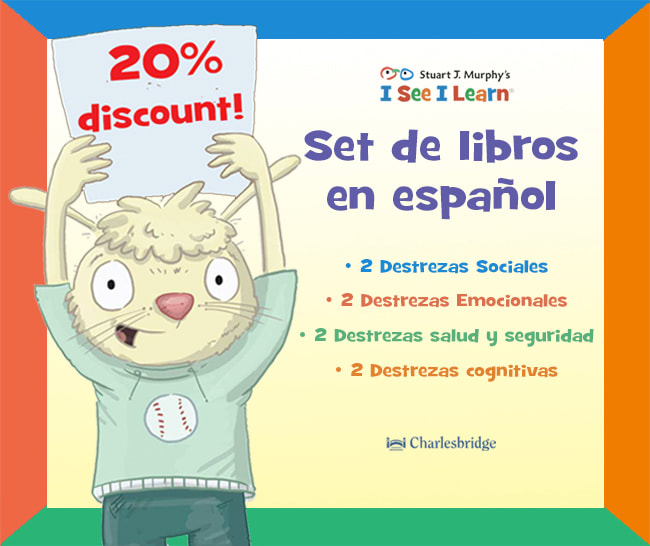

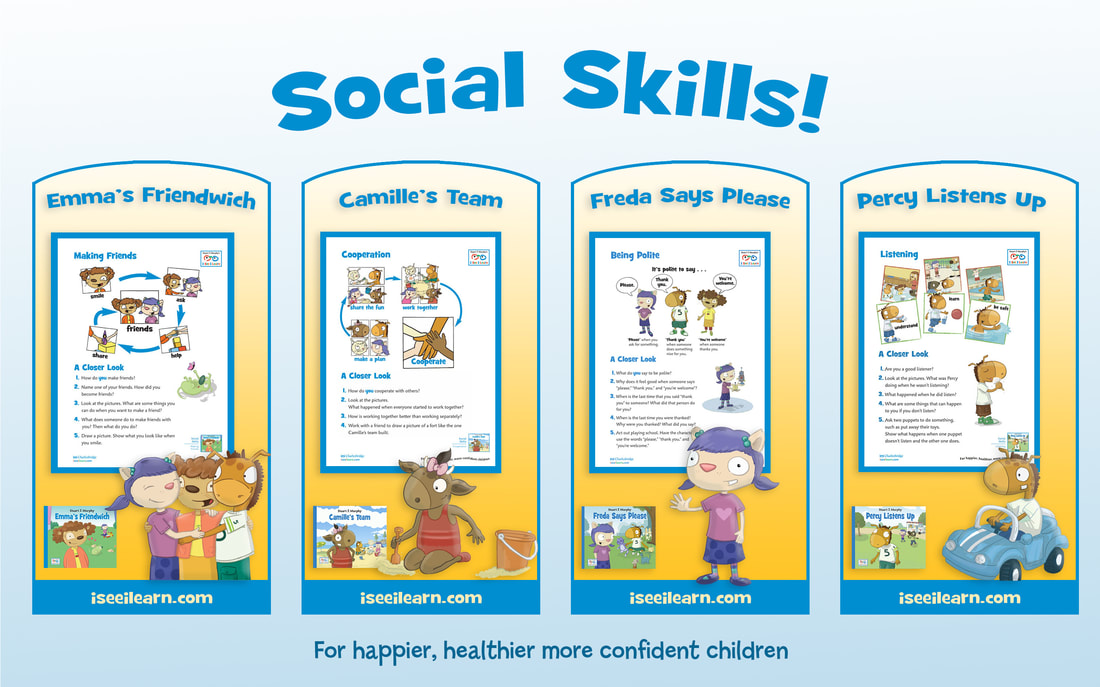

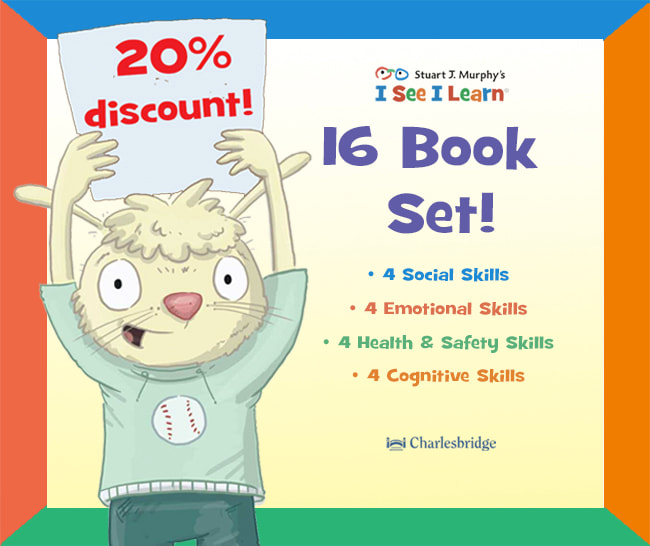
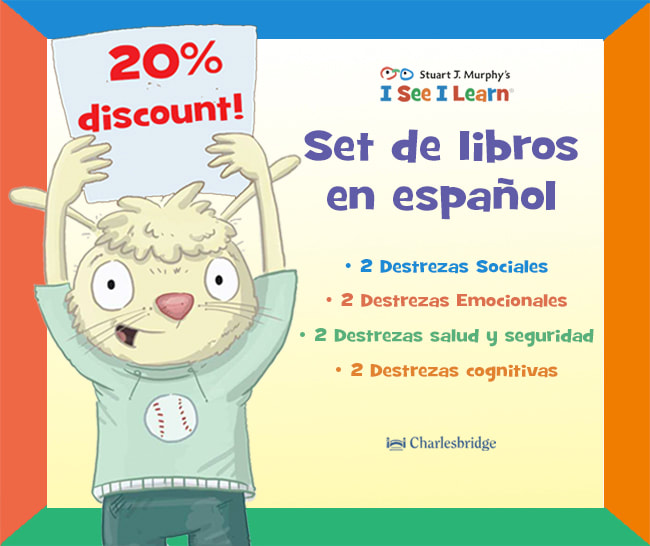

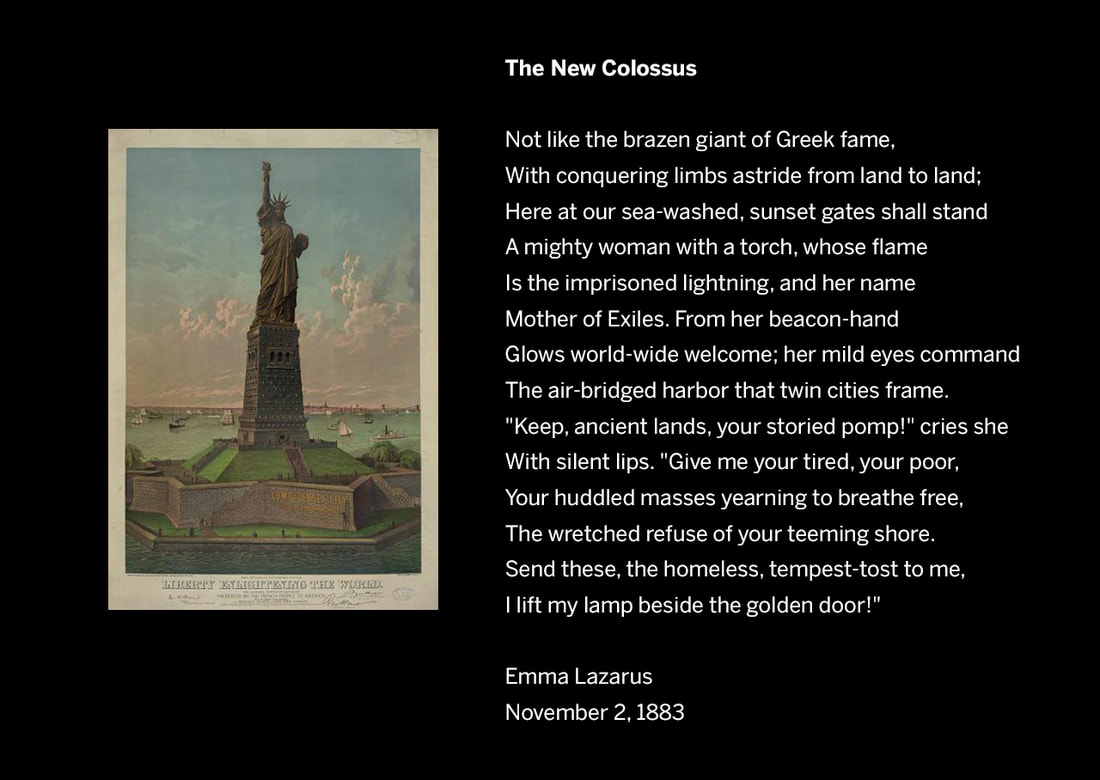
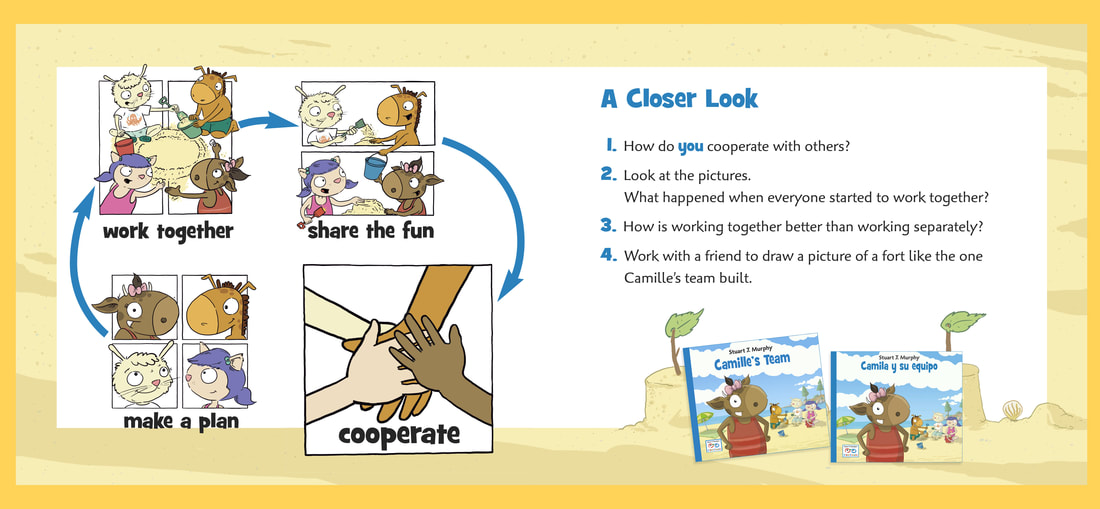
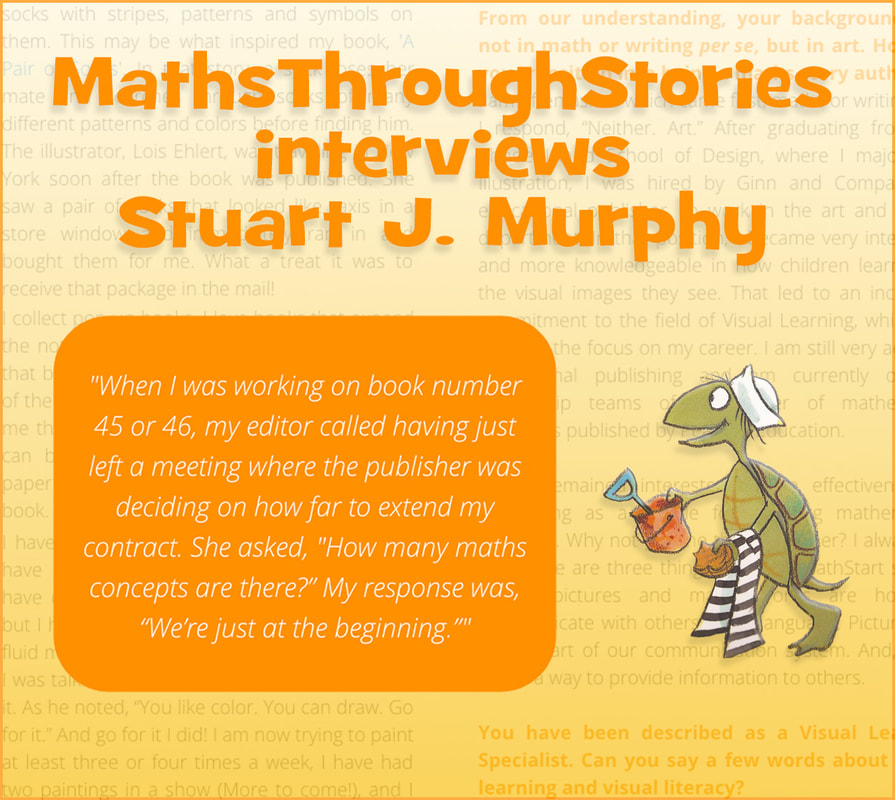
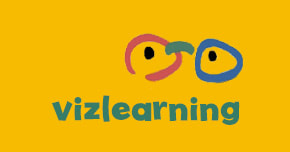
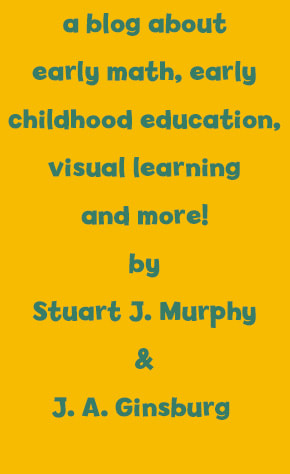
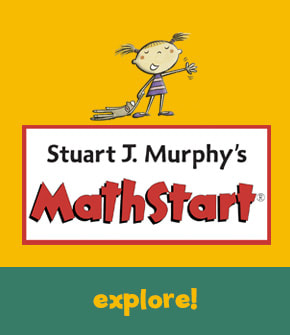
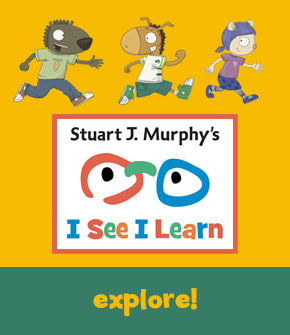
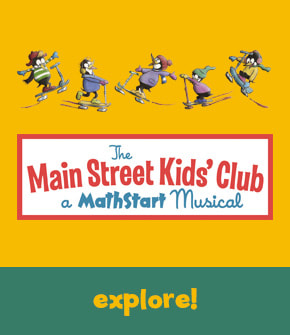
 RSS Feed
RSS Feed




